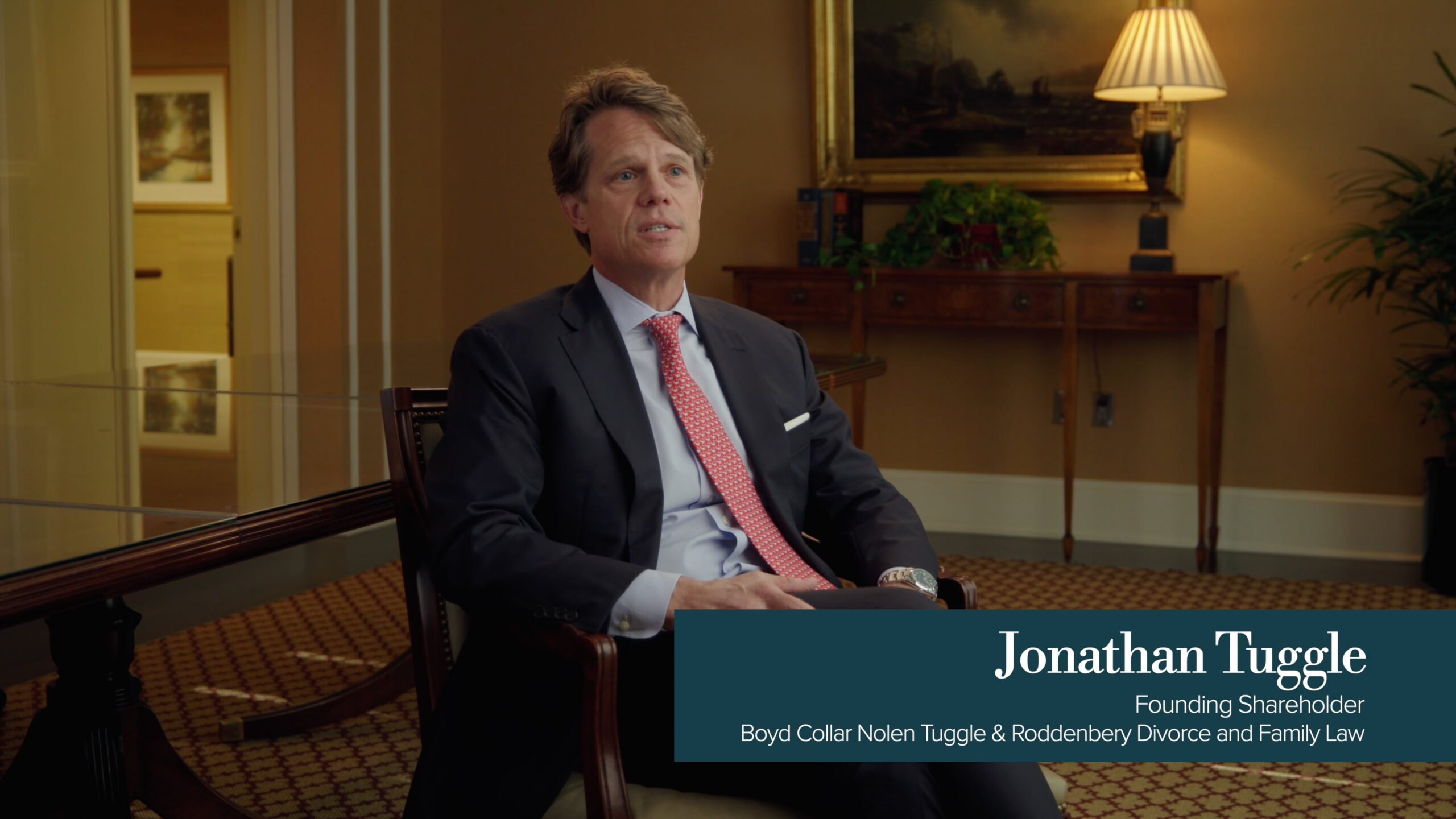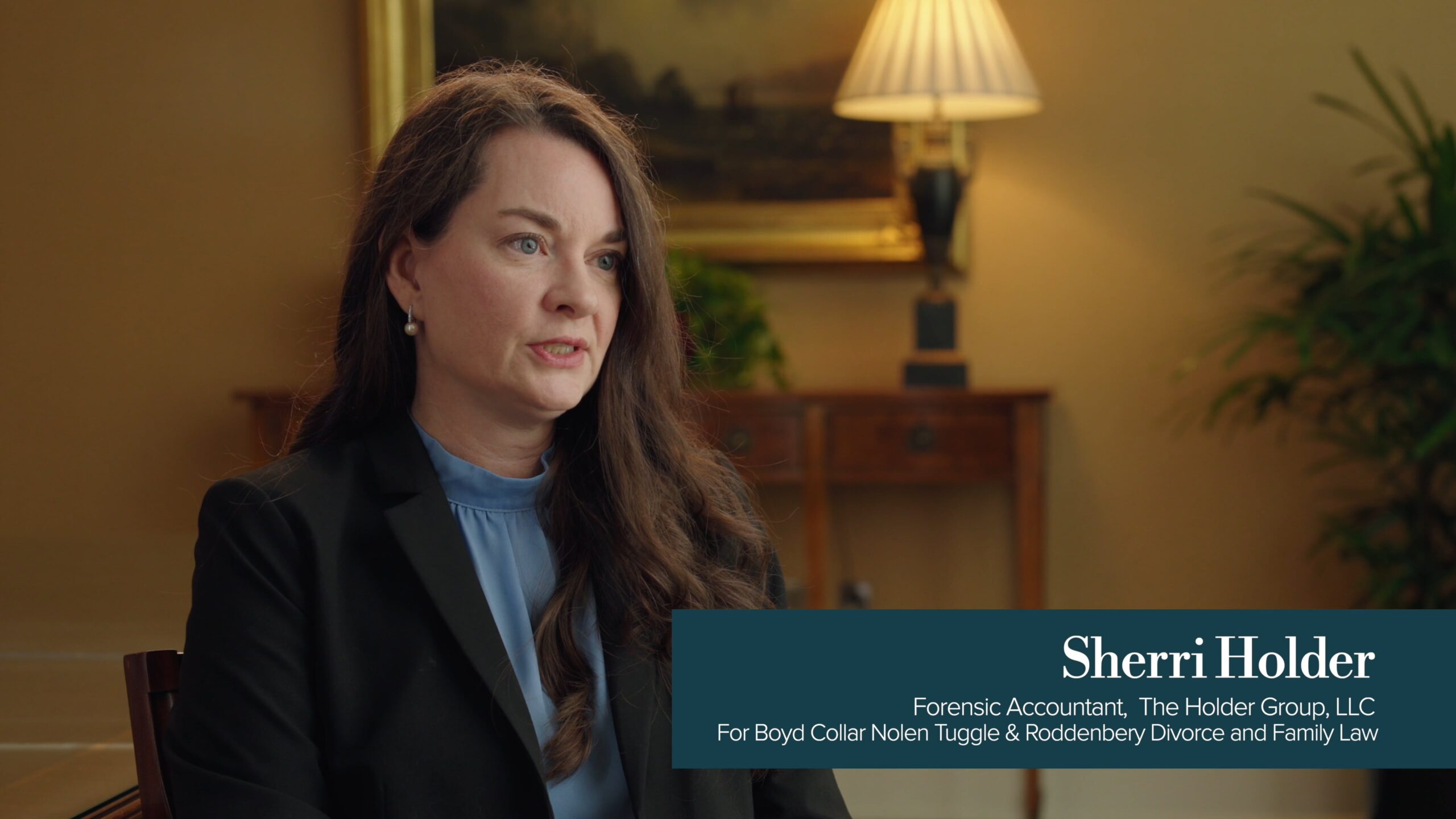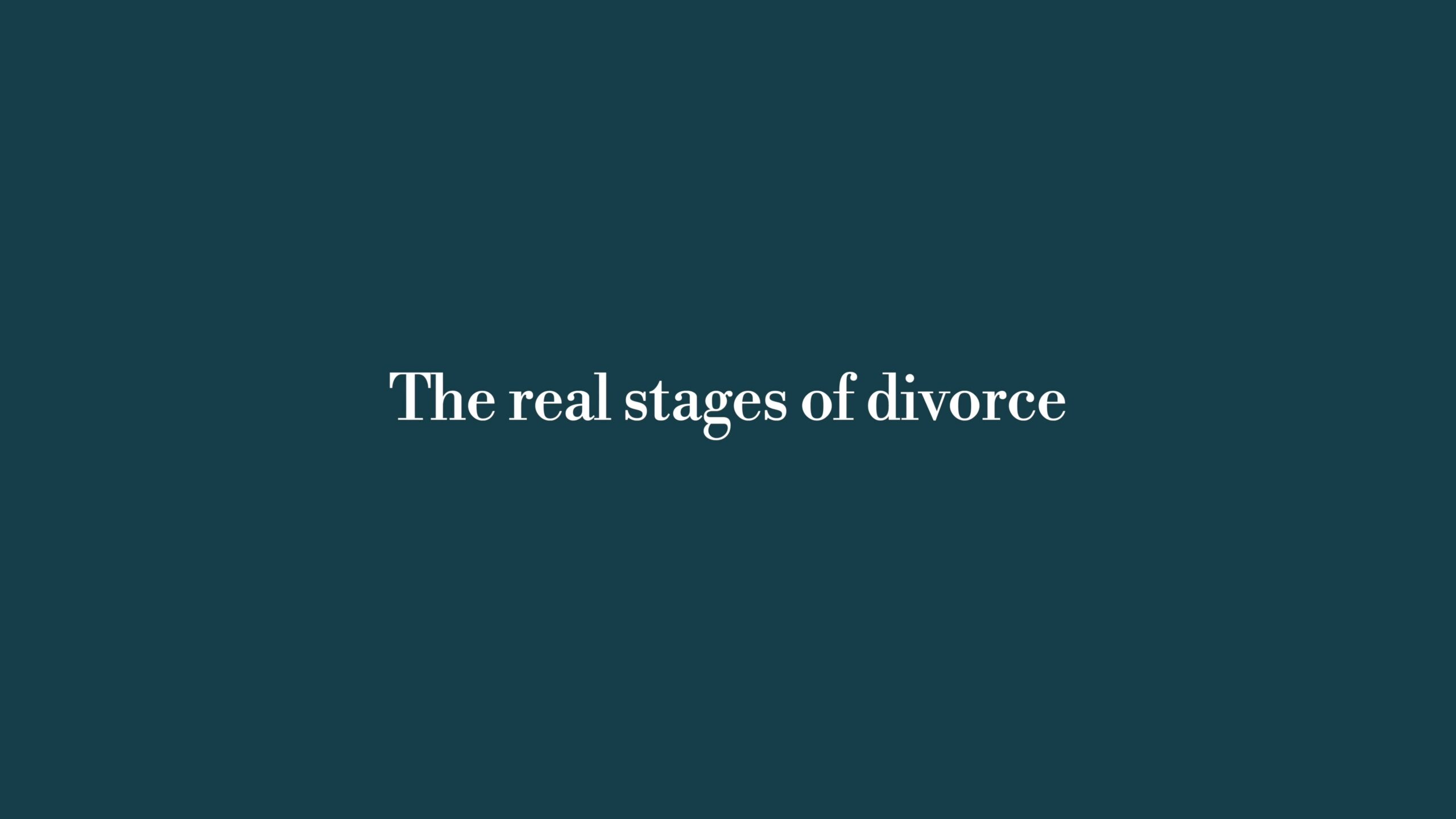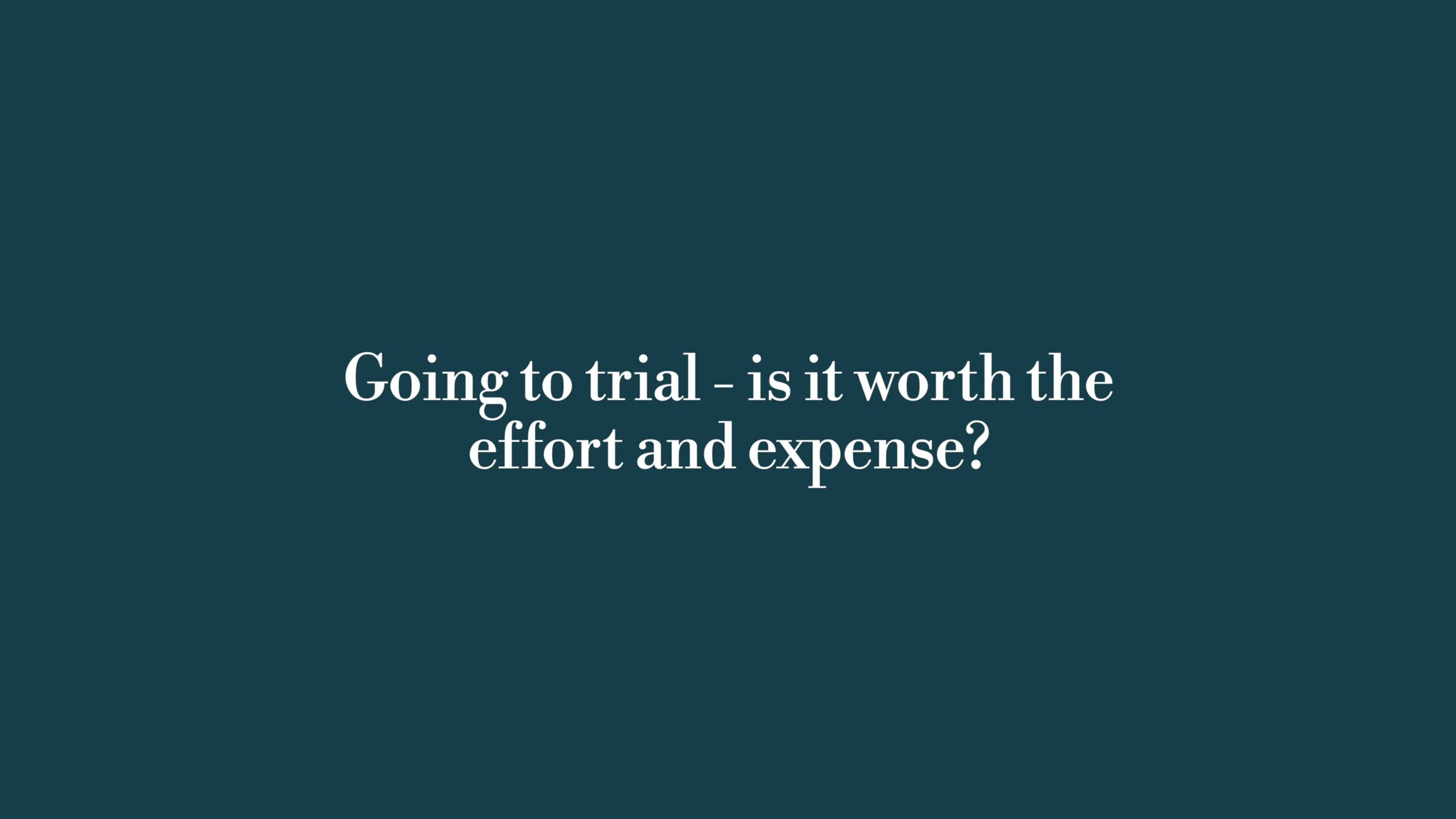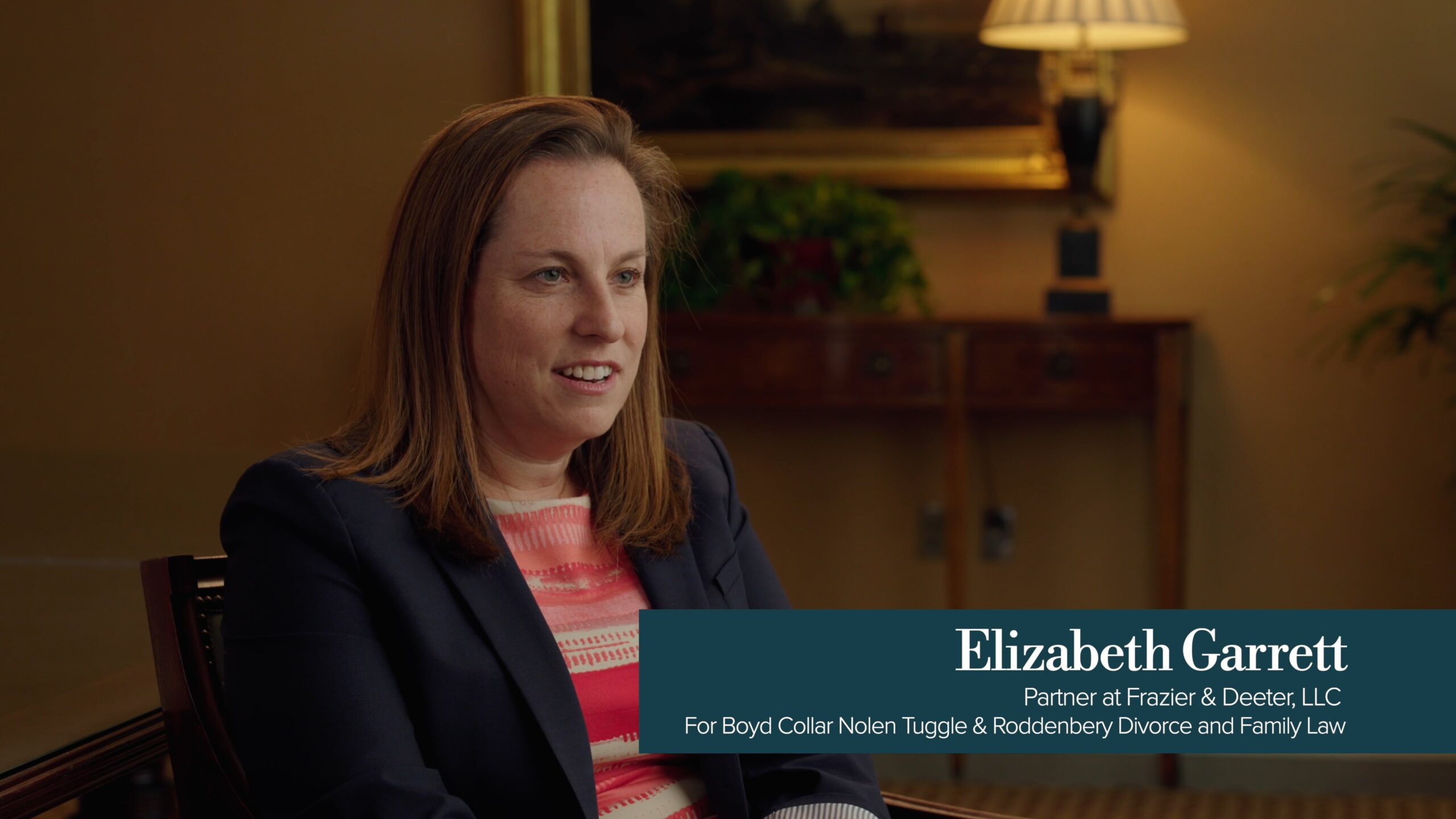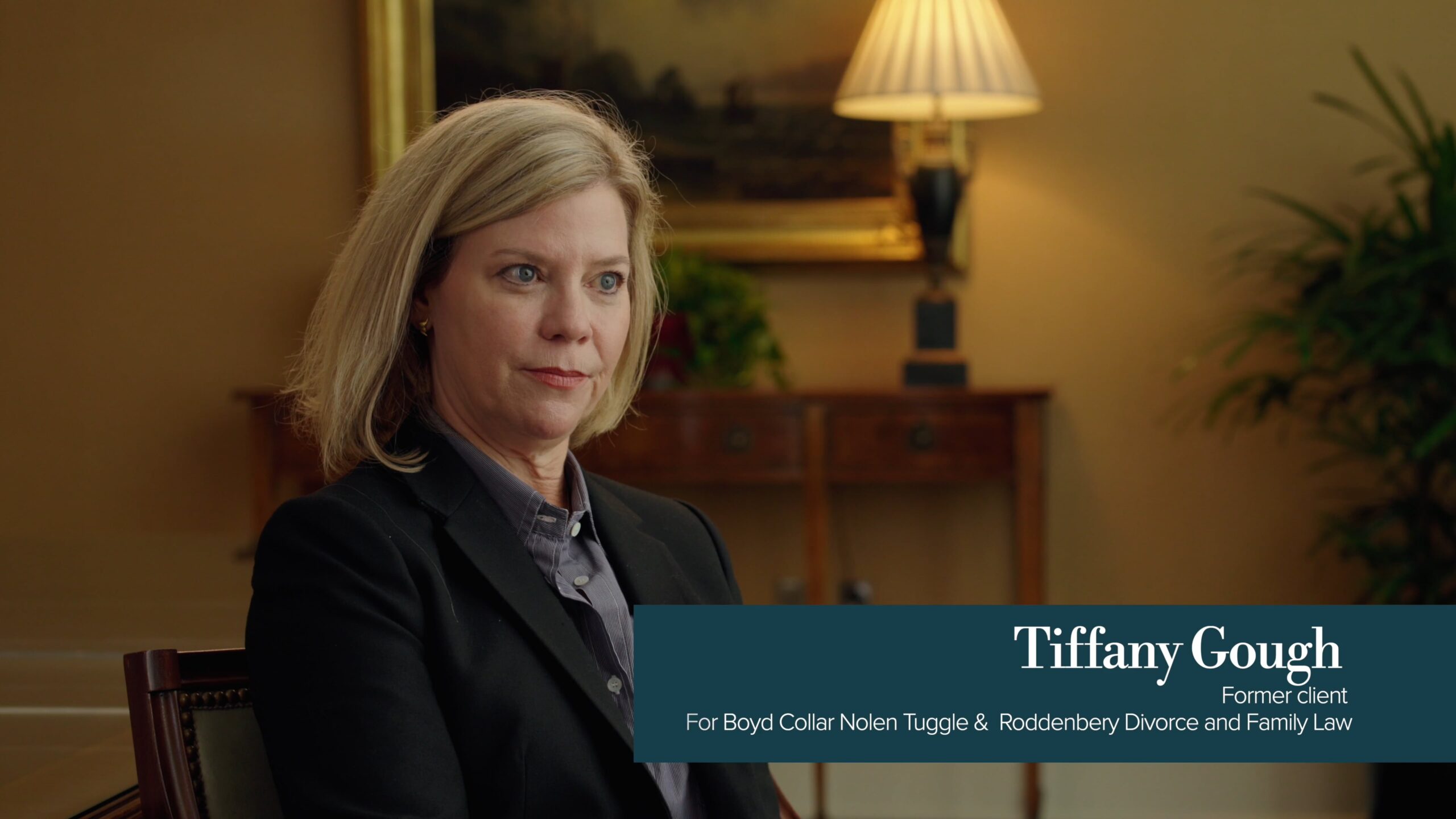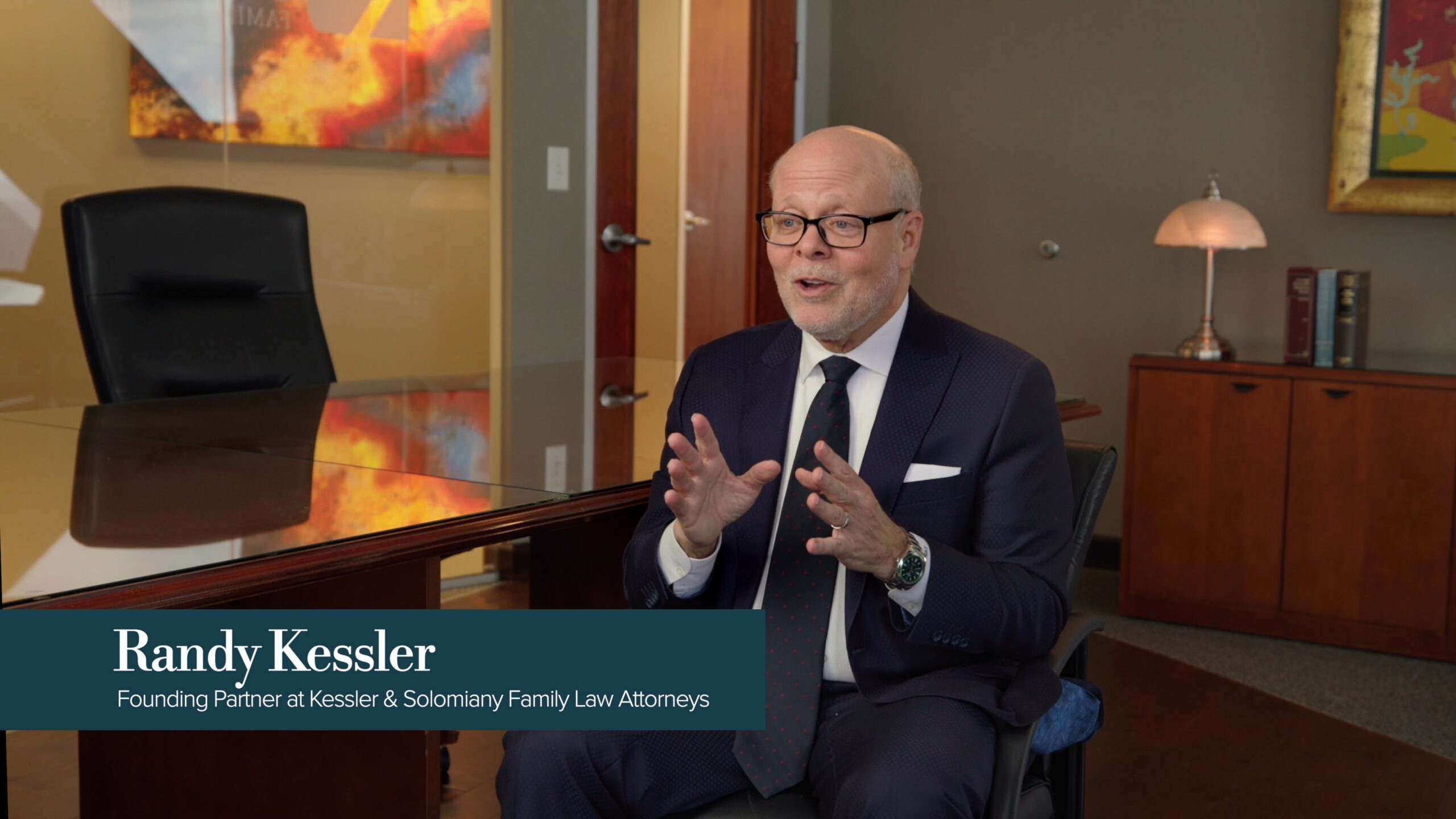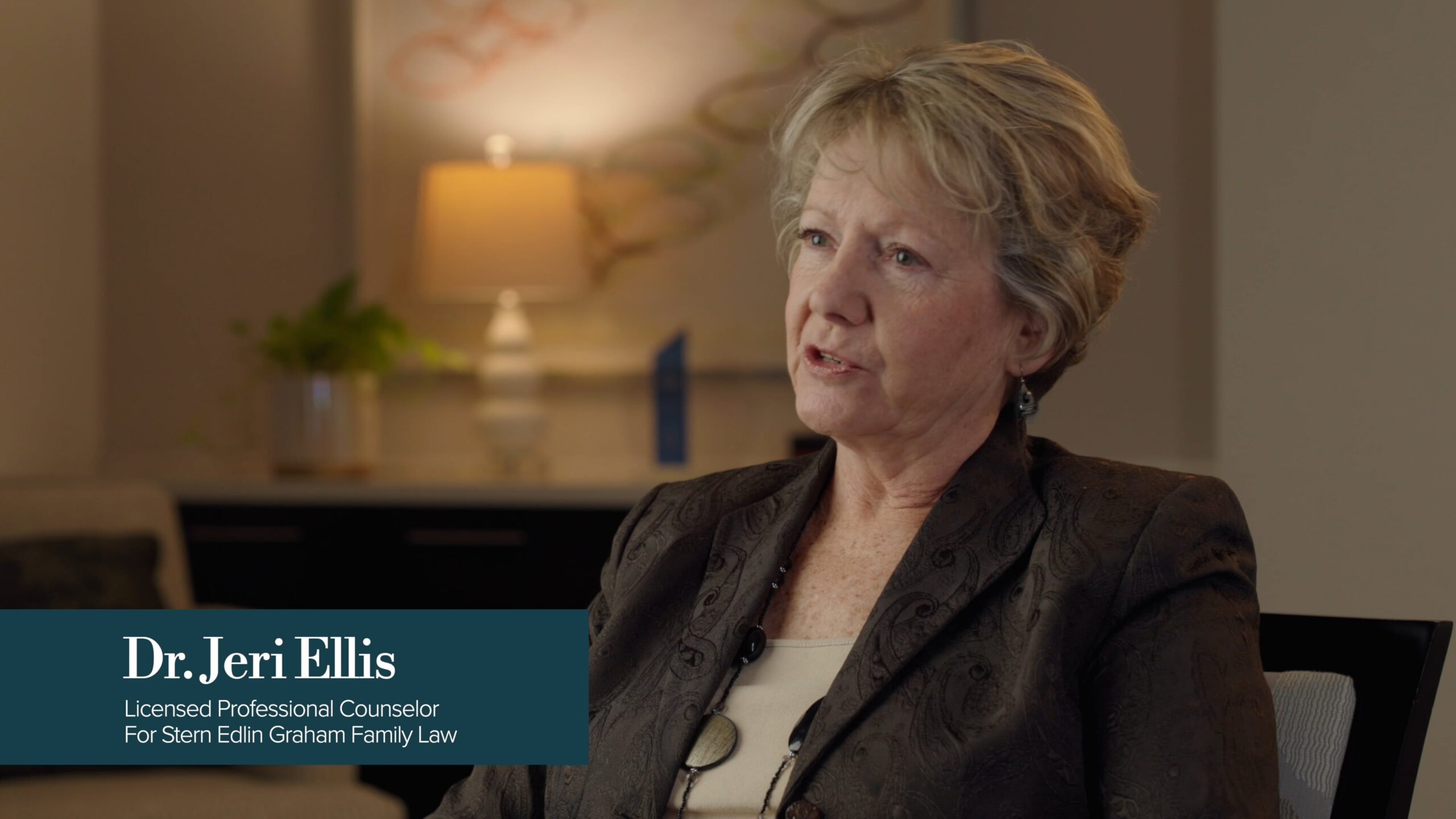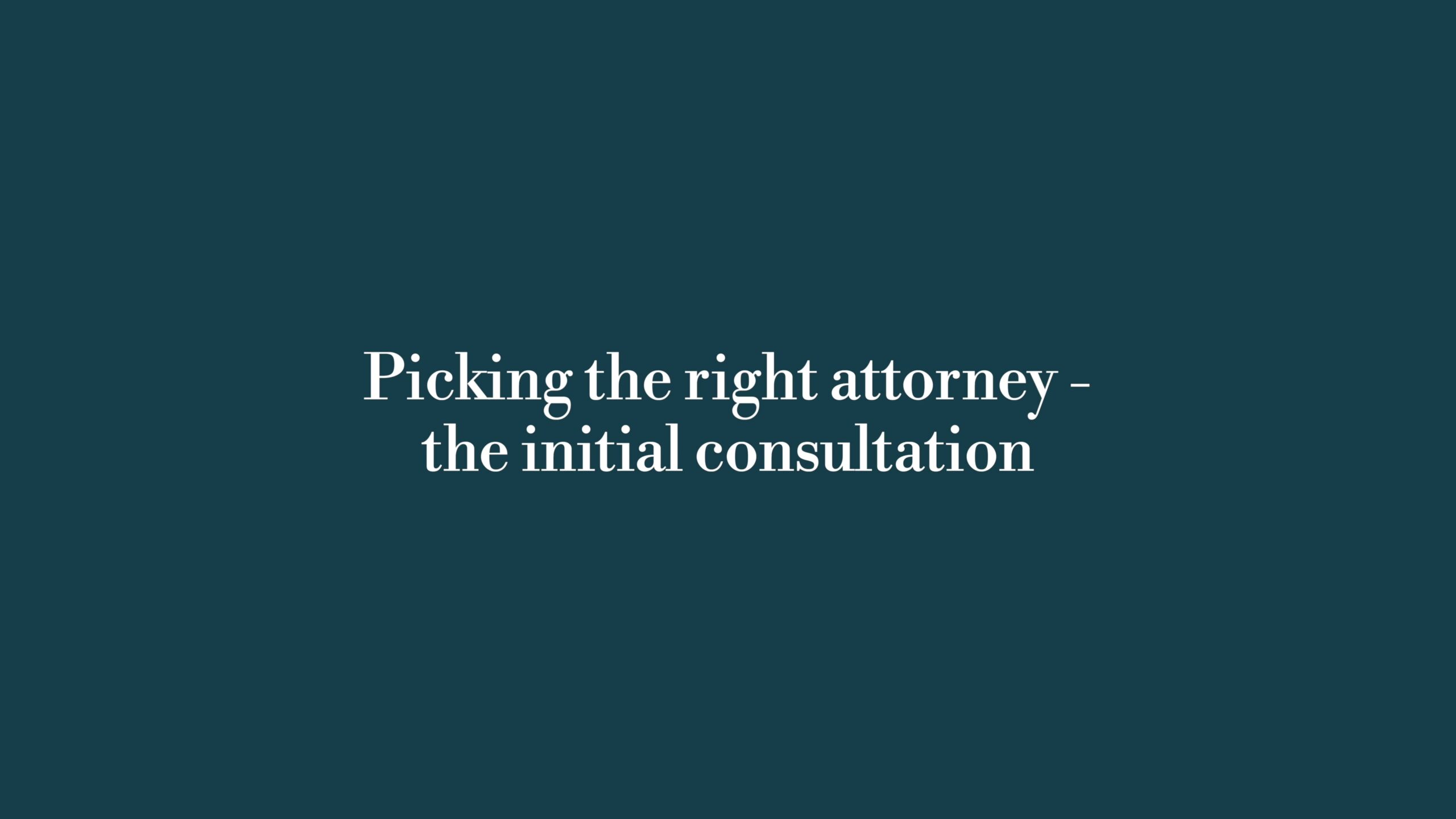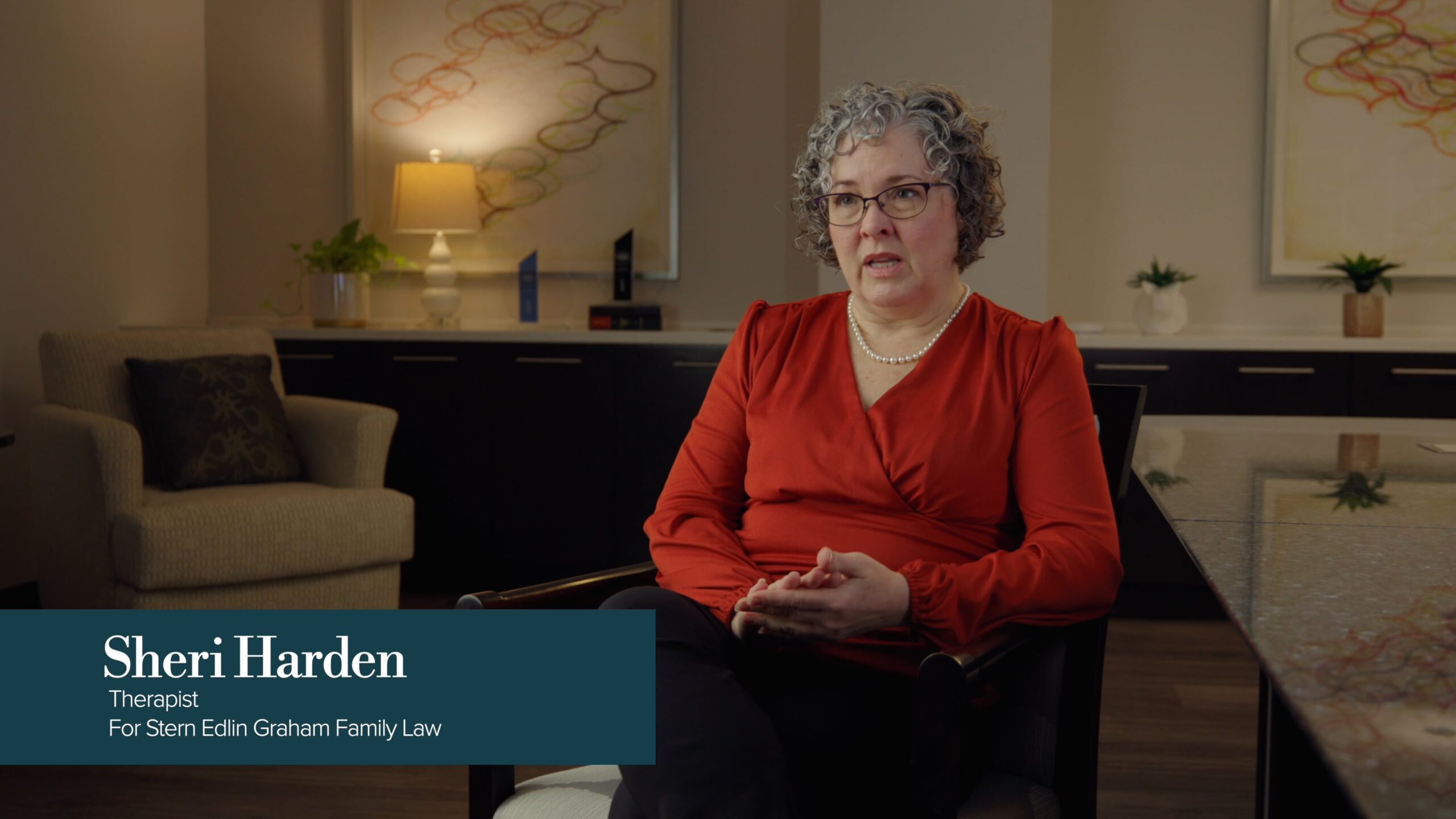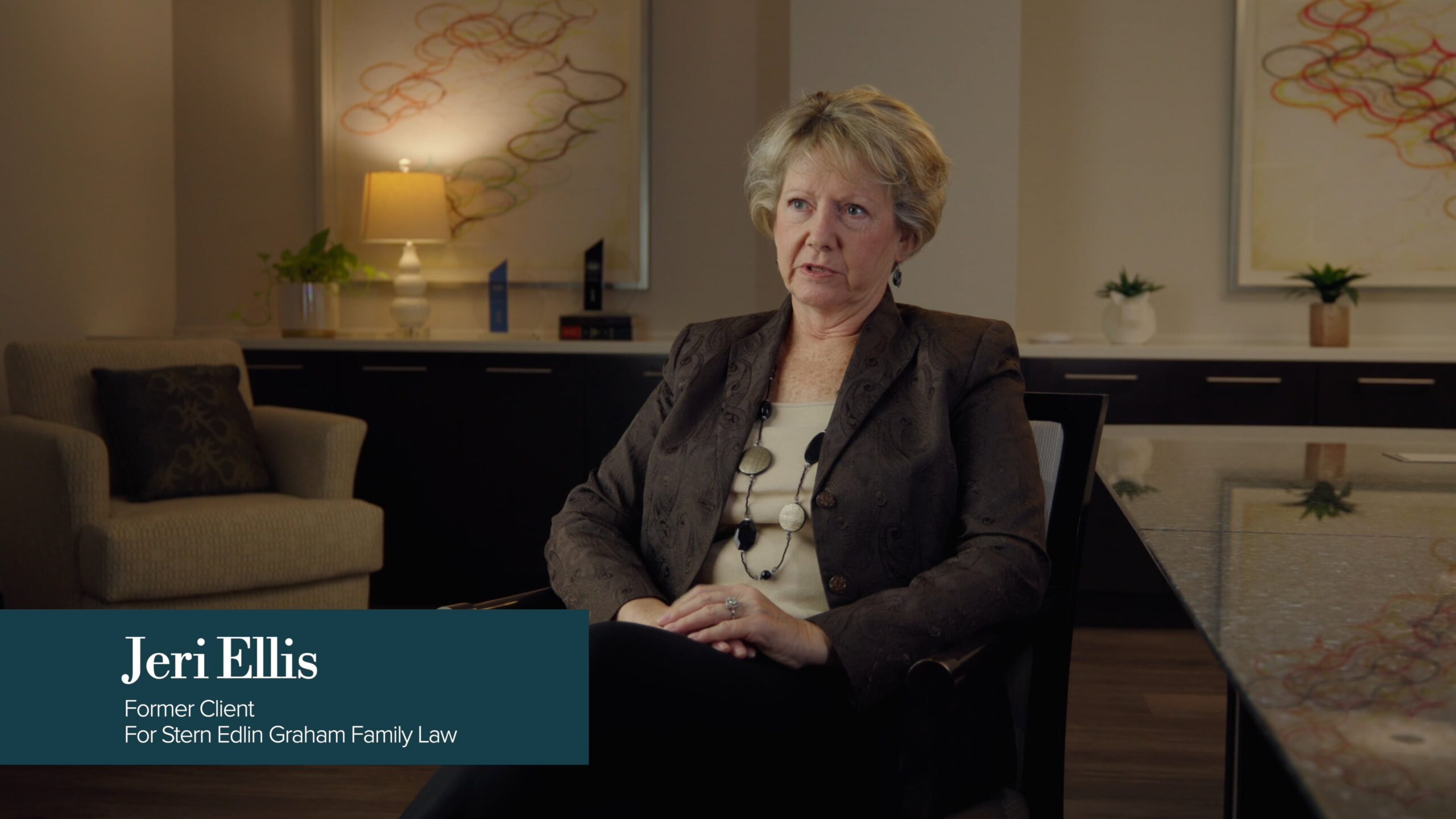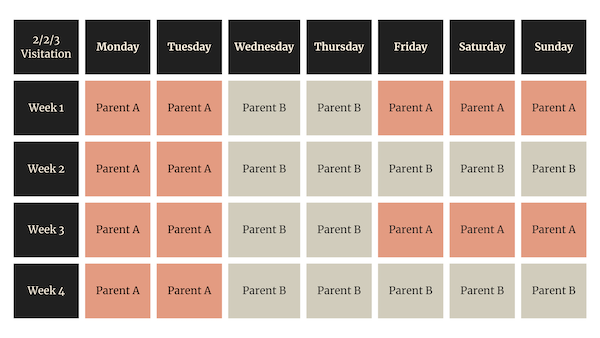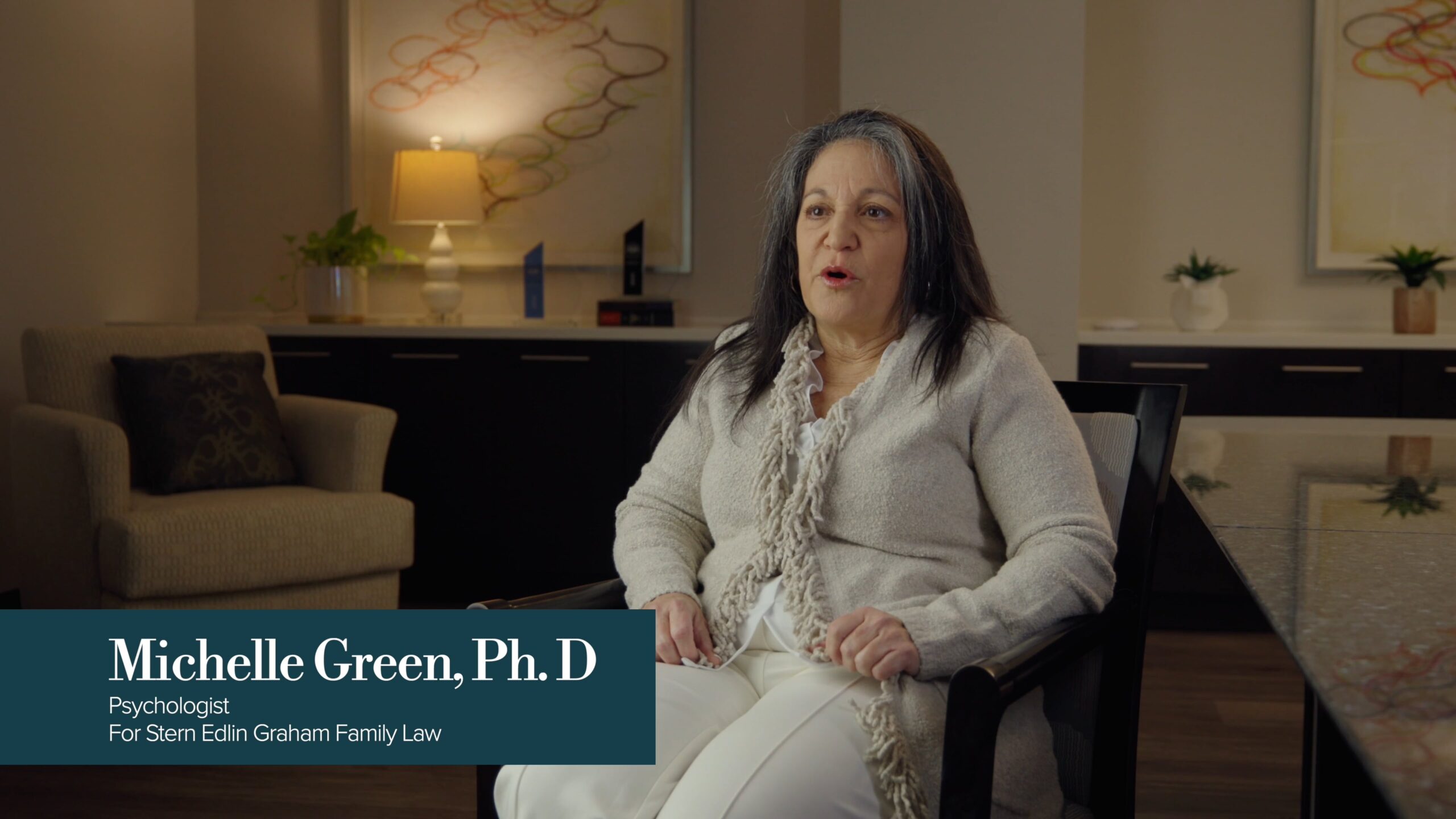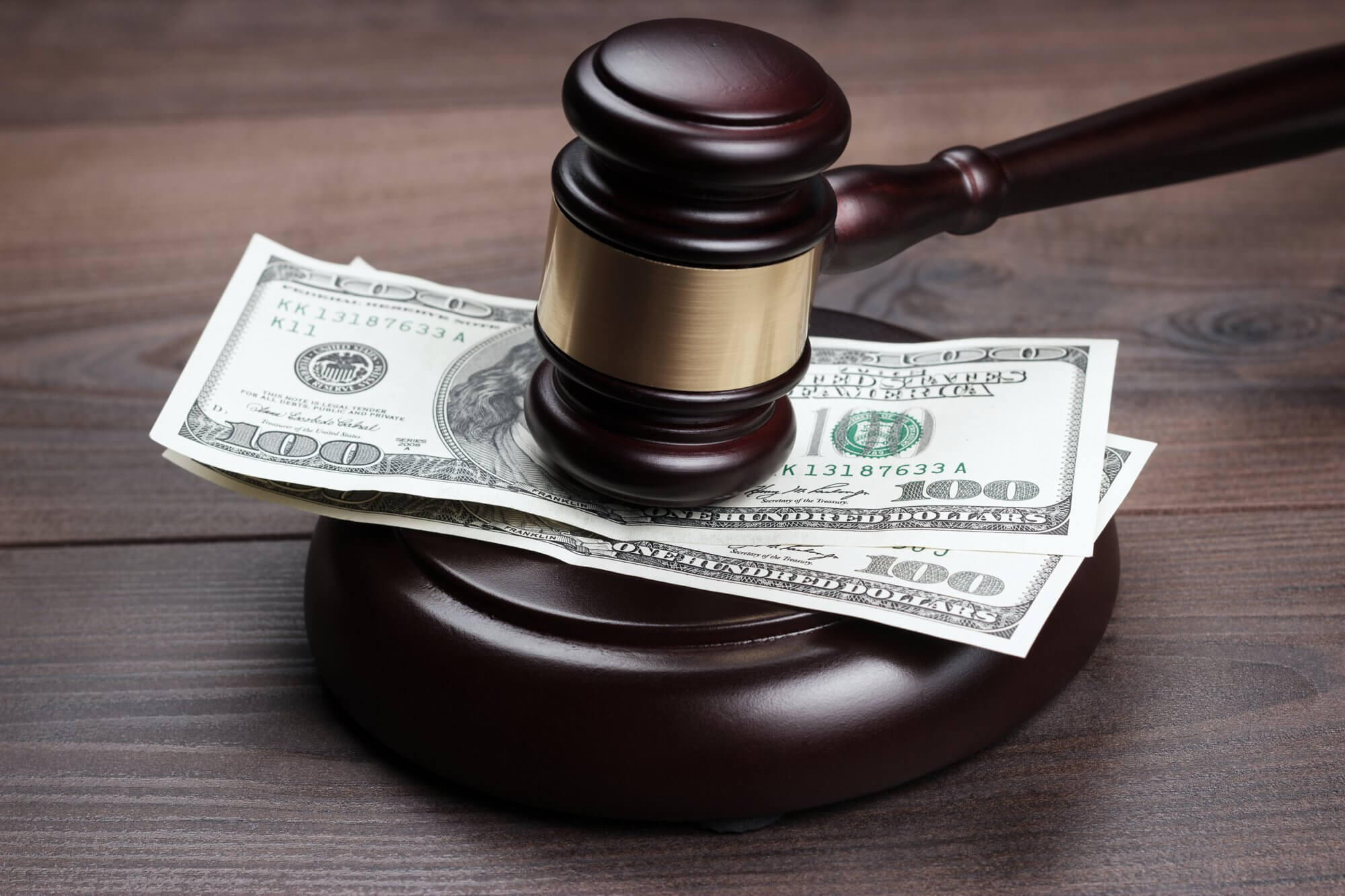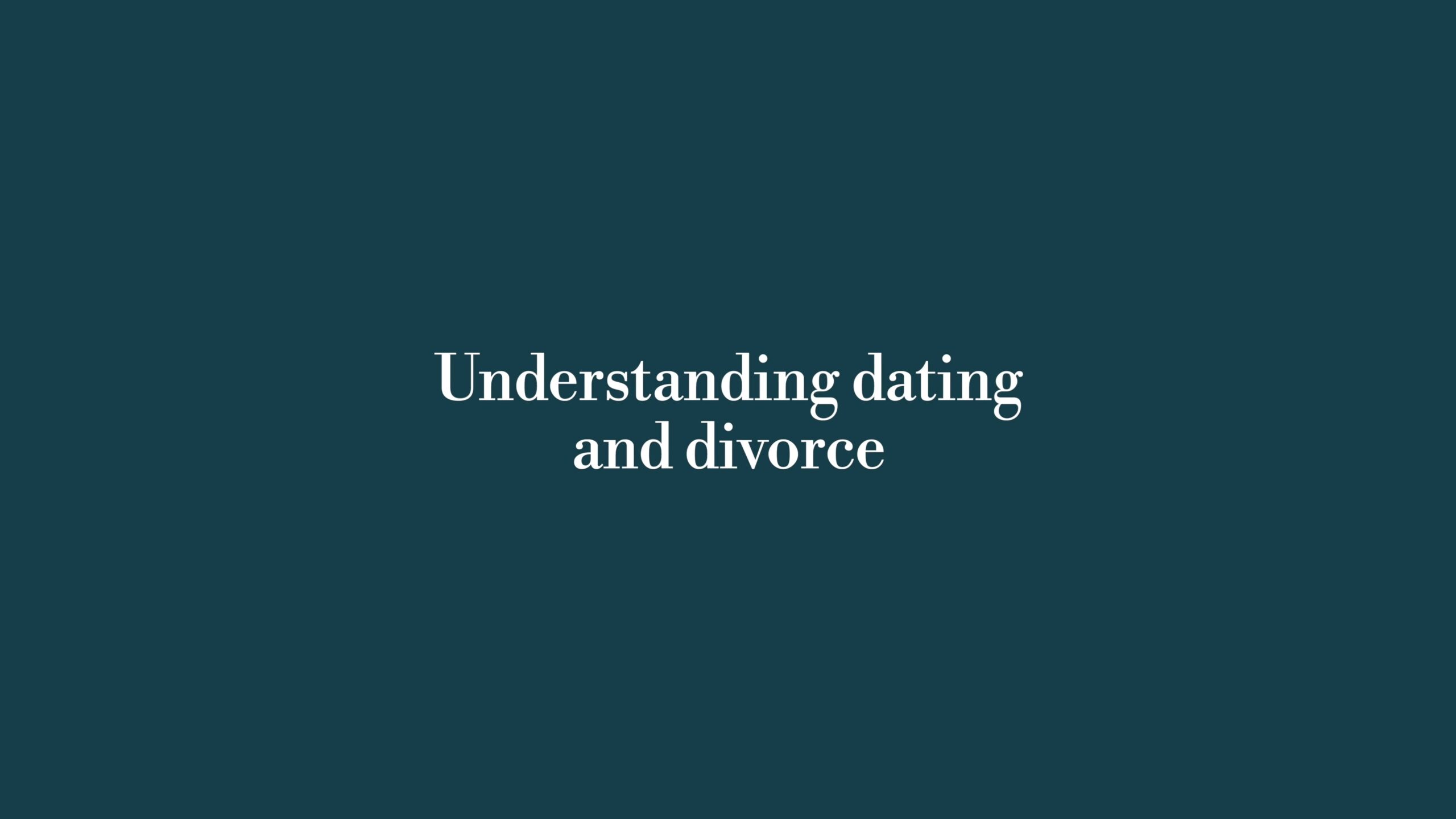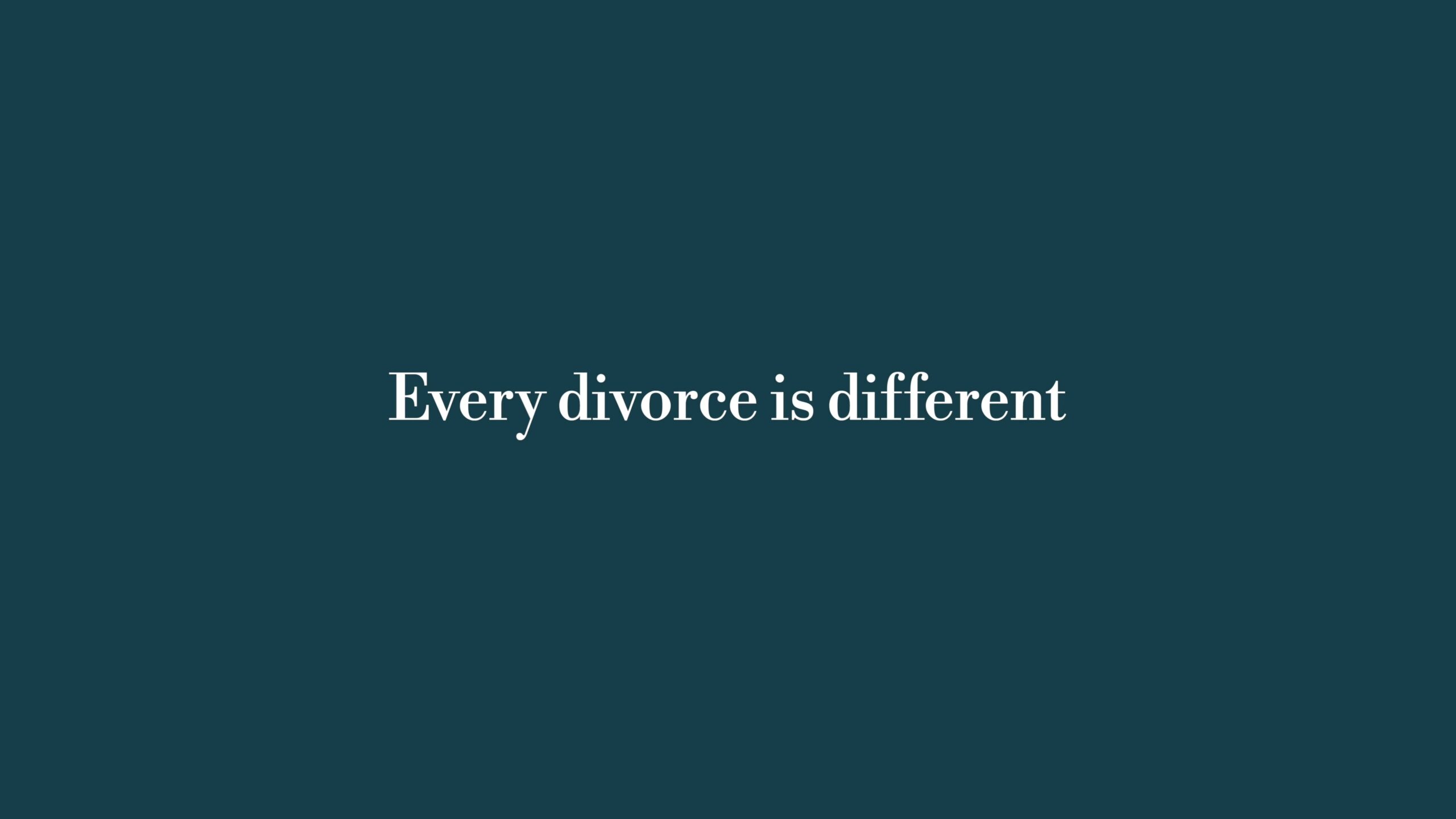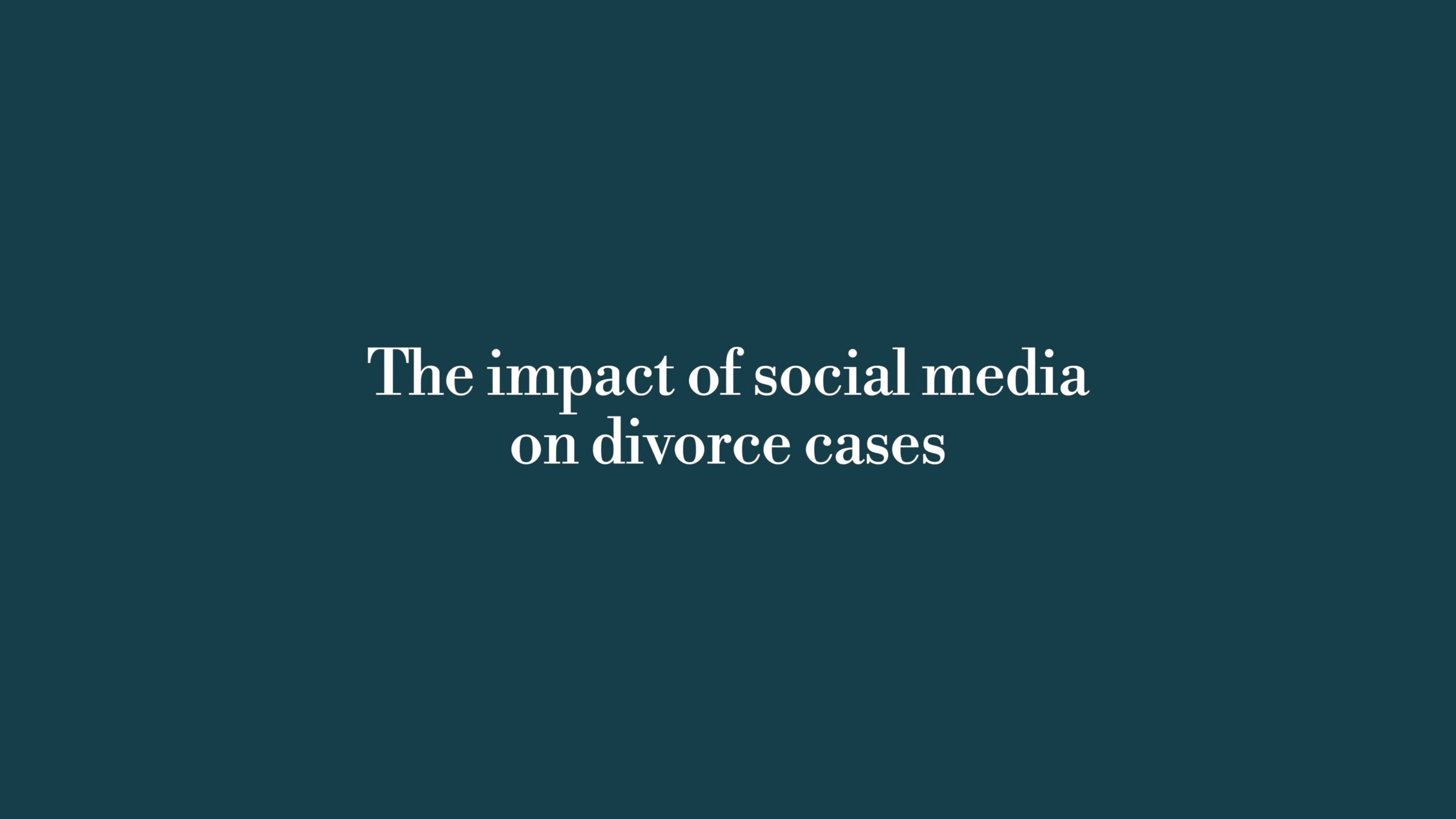The Financial Complexities of Business Debt and Divorce
By The DivorceLawyer.com Team
Divorce is often a challenging process that can be made even more complicated when one or both spouses own a business. When dividing assets and liabilities in a divorce, business debt can become a heated issue, raising questions about responsibility, ownership, and the overall financial impact on each party. In the end, determining whether both parties share liability for business debt or if they fall to just one spouse can significantly affect the financial settlement of the divorce.

Understanding Marital vs. Separate Debt
The first step in determining how business debt will be handled during divorce is clarifying whether it is considered marital or separate debt. The distinction between these two categories is important because it influences who will ultimately be responsible for repaying the debt.
- Marital Debt: Generally speaking, marital debts are those incurred during the marriage, and both you and your spouse may be responsible for repayment. This may apply regardless of whose name the debt is in. For example, if business loans were taken out during the marriage to support a family-owned business, both parties may share liability.
- Separate Debt: Debts incurred before the marriage or after separation are typically considered separate debts. If one spouse entered the marriage with existing business debt or took out a loan after filing for divorce, that debt might be treated as separate and the other spouse might not be held responsible.
These distinctions are subject to legal interpretation and can vary based on state laws and the terms of any prenuptial or postnuptial agreements. To explore the unique circumstances of your case, consult a top divorce attorney in your area who specializes in business assets.
Community Property vs. Equitable Distribution States
The division of business debt in a divorce may also depend on whether the couple lives in a community property state or an equitable distribution state. These two legal frameworks determine how assets and liabilities are divided during a divorce.
- Community Property States: Assets and debts acquired during the marriage are typically considered community property and may be split equally between both parties. This means that if business debt was accrued while the couple was married, both spouses may be responsible for half, regardless of whose name is on the loan.
- Equitable Distribution States: Many states in the US follow equitable distribution, where assets and debts are divided fairly but not necessarily equally. In these states, factors such as each spouse’s financial situation, contributions to the marriage, and the nature of the business debt may be considered when determining who is responsible and for how much. In some cases, one spouse may assume more of the business debt if they are the primary business owner.
The Impact of Personal Guarantees on Business Debt
A potential complication in divorce cases involving business debt is the issue of personal guarantees. Many business owners personally guarantee loans or lines of credit for their business, which can blur the line between business and personal liability. Even if the business holds the debt, a personal guarantee can put the individual’s personal assets on the line.
It’s critical to consult an attorney so that you understand your financial obligations.
Negotiating Business Debt in Divorce Settlements
In the absence of a prenuptial or postnuptial agreement, business debt will need to be negotiated as part of the divorce settlement. This can be a complex process, particularly if the business is a significant marital asset.
It is essential to work closely with legal and financial advisors to:
- Accurately value the business: An accurate business valuation is critical in determining how much debt each spouse is responsible for. This process includes assessing the business’s assets, liabilities, and overall financial health.
- Negotiate fair terms: If one spouse is keeping the business, they may have to assume all or most of the business debt in exchange for giving up other marital assets. Alternatively, debt may be split proportionally based on each spouse’s involvement in the business.
- Understand how the business structure and financing activities may affect liability: Specific activities, like co-signing for a loan, mixing personal and business accounts, and failing to formalize the business LLC or C-Corp may have implications on how business debts are viewed. It’s critical to consult an attorney so that you understand your financial obligations.
Guided Resolution
Ultimately, who’s liable for business debt will be settled through the divorce process, making it essential for both parties to have a clear understanding of their rights and responsibilities. Your ability to influence this will be through meticulous record keeping to show where borrowed funds are coming from and what they are being spent on, separating business and personal finances. In this way, you can provide a straightforward financial story and may be able to limit debts that you incur during your divorce. By working with experienced professionals, business owners can protect their interests and navigate the financial complexities of divorce with greater confidence.
Stay in the Know
Discover Related Articles
Get Informed. Get Empowered
Read up on essential divorce topics to learn more about the process and all its different aspects.
Introductions, no pressure
Connect with a Top Divorce Attorney
in Columbus, OH
Go to Columbus, OH page
Are you in a different location? We can introduce you to the best family lawyers in your area










